Currently, businesses and people are interested in and have high expectations for the Electricity Law (amended) regarding electricity prices and actual electricity trading methods in the coming years. These issues have been basically mentioned in the Draft Electricity Law (amended).
Vietnam's electricity price policy is consistent.
First of all, it is necessary to affirm that the electricity price policy in the Draft Law on Electricity (amended) is the institutionalization of the consistent guidelines and policies of the Party and State.
Electricity price policy reflects the consistent policy of the Party and State (Illustration photo)
Resolution 55-NQ/TW of the Politburo has oriented: Developing a synchronous and interconnected energy market between the electricity, coal, oil and gas and renewable energy sub-sectors, connecting with regional and world markets; Removing all barriers to ensure transparent energy prices determined by the market; Not implementing cross-subsidy of electricity prices between customer groups, between regions; The State regulates reasonably through market instruments (taxes, fees, funds...) and appropriate social security policies. Perfecting mechanisms, policies and market-based tools to promote the use of energy economically and efficiently.
Specifically, the electricity price policy in the Draft Law ensures the institutionalization of Resolution 55-NQ/TW of the Politburo on the orientation of energy development to 2030, with a vision to 2045. In which, electricity prices are implemented according to the market mechanism with price regulation by the State in accordance with the development level of the competitive electricity market; Gradually reduce and move towards eliminating cross-subsidy of electricity prices between customer groups, between regions; Electricity prices ensure encouragement of efficient and economical use of electricity.
In addition to traditional types of electricity, the Draft Law stipulates relevant authorities to regulate the method of determining the price of electricity services for electricity storage systems and pumped storage hydropower plants to ensure appropriate mechanisms in developing renewable energy combined with investing in electricity storage systems to improve flexibility and efficiency in electricity supply and power system security.
Focus on developing competitive electricity market
To further promote the implementation and completion of the competitive electricity market, especially at the competitive retail electricity level, in this Draft Law on Electricity (amended), the Ministry of Industry and Trade has focused on amending the content in the direction of removing obstacles in the process of implementing the electricity market in the past, creating a legal basis for the implementation of new electricity trading mechanisms, and the trend of customers consuming "clean" electricity.
Electricity trading mechanism closely follows the demand for "clean" electricity of the electricity market (Illustration photo)
Specifically, supplementing regulations on principles of restructuring, innovation, and improving the operational efficiency of state-owned enterprises in the electricity sector; Supplementing regulations on electricity futures contracts applied in the electricity market, which is a mechanism for risk management for market participants; Supplementing regulations on the rights and obligations of electricity market transaction operators, as the current Electricity Law does not have specific regulations on this content;
Supplement and adjust regulations related to electricity price mechanisms to promote the formation of a competitive retail electricity market; Supplement regulations on temporary suspension and restoration of the operation of the spot electricity market in cases of (natural disasters, war, imbalance of supply and demand of the power system) and the authority of the Ministry of Industry and Trade in temporary suspension and restoration of the operation of the spot electricity market; Supplement regulations on the mechanism of direct electricity purchase and sale between power generation units and large electricity users, and at the same time assign the Government to specify in detail the principles, operations, and participation procedures of this mechanism, meeting the needs of large electricity users who want to buy green and clean electricity.
In particular, to strengthen the connection of regional power grids and trade electricity with neighboring countries to contribute to ensuring electricity supply for the country is the policy of the Party and the State, Article 75 of the Draft Electricity Law has provisions on trading electricity with foreign countries on the basis of inheriting the current principles in Article 28 of the Electricity Law 2024 and supplementing the main principles in trading electricity with foreign countries.
The Government regulates the mechanism for adjusting average retail electricity prices.
The Draft Electricity Law has revised “Electricity Price and Price of Electricity Services” compared to the current Electricity Law based on the regulations on prices, electricity services and electricity products are intangible products, the production and consumption processes cannot be separated. Such products are services, not ordinary goods. Therefore, to show the price of electricity products, the Electricity Law has revised and completed the related contents of the Price of Electricity Services.
The Draft Electricity Law has fully supplemented the price framework for all types of electricity supply (Illustration photo)
An issue of concern to many people is that in order for the average retail electricity price to reflect closely the market developments and be highly enforceable, the Government has also agreed to improve the legality of adjusting the average retail electricity price. Accordingly, the Draft Electricity Law has been revised, supplemented and legalized as follows: The Government regulates the mechanism for adjusting the average retail electricity price instead of the Prime Minister's regulation in the current Electricity Law. Basis for adjusting the retail electricity price: The retail electricity price promptly reflects actual fluctuations in input parameters, compensates for costs and the after-tax profit margin on equity is not lower than the average interbank interest rate for a period of 06 months announced by the State Bank of Vietnam of the previous year to preserve and develop the business capital of the enterprise; the adjustment period is at least once within 03 months from the most recent adjustment.
Changing the authority of the Government to regulate the price adjustment mechanism instead of the Prime Minister as currently is to ensure the general principle that the Government plays the role of promulgating legal institutions and policy mechanisms on electricity price adjustment and is consistent with the orientation in Resolution 55-NQ/TW (Research and implementation of legalization of electricity price management), consistent with the practice of adjusting electricity prices in recent times.
The Ministry of Industry and Trade believes that the Draft Electricity Law has institutionalized regulations on electricity prices and electricity generation costs for most types of electricity generation that are currently available and are expected to arise in the near future. Accordingly, the Draft Electricity Law has stipulated cases in which some types of electricity generation services will appear in the near future, such as stored energy electricity, renewable energy electricity with integrated storage, nuclear power, etc.
The Ministry of Industry and Trade will prescribe the method of determining the price of electricity services for electricity storage systems and pumped-storage hydropower plants in cases where the electricity seller invests in a renewable energy project combined with investing in an electricity storage system for power generation.
On the other hand, the Ministry of Industry and Trade is also the unit that regulates the method of determining the electricity generation cost of nuclear power plants, multi-purpose strategic hydropower plants exclusively invested in, constructed and operated by the State; Power plants jointly operated according to the list prescribed by the Ministry of Industry and Trade, including power plants with the same operational characteristics as nuclear power plants, multi-purpose strategic hydropower plants.
A positive point in the Draft Law is the clearer regulation of the price framework for types of electricity supply. In particular, the Draft Electricity Law has fully supplemented the price framework for types of electricity supply including: Hydropower plants, coal-fired thermal power plants, domestic gas-fired thermal power plants, imported liquefied natural gas (LNG) thermal power plants; Solar power plants, wind power plants (including offshore wind power plants); Solid waste power plants and biomass power plants; Renewable energy combined with investment in electricity storage systems; Pumped storage hydropower plants; Electricity imports.
The above price framework regulations exclude power plants invested under the Investment Law under the public-private partnership - BOT method and multi-purpose strategic hydropower plants, jointly operated power plants with the same operational characteristics as multi-purpose strategic hydropower plants, and small renewable energy plants.
Lesson 2: How to develop renewable energy?
Lesson 1: To implement the Power Development Plan
Bui Cong
Source: https://www.pvn.vn/chuyen-muc/tap-doan/tin/a4704713-828b-4567-b2d8-8c3a347bc4ae


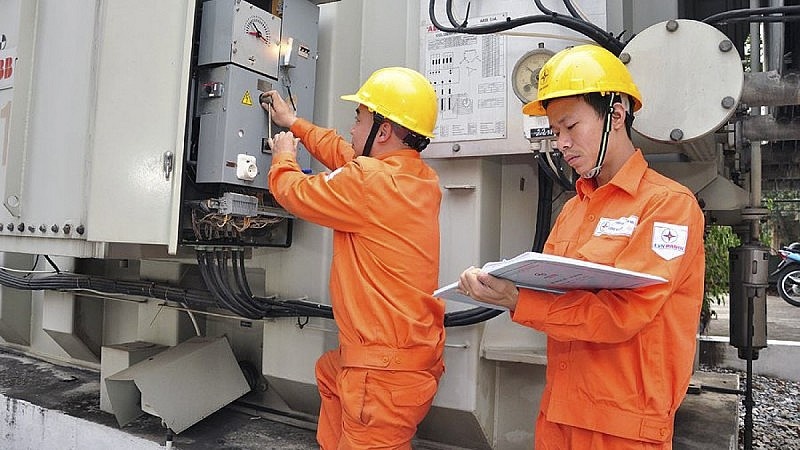
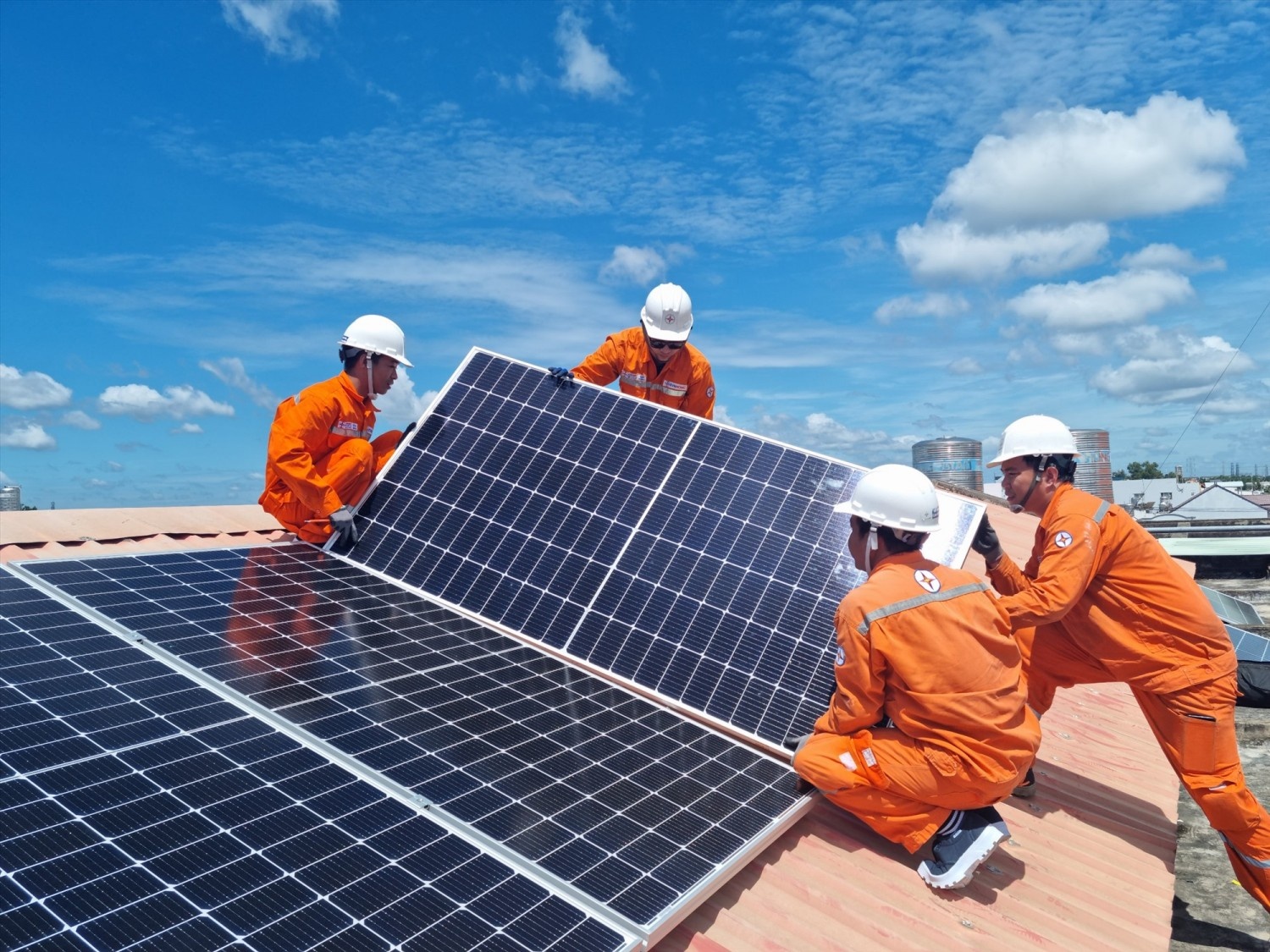









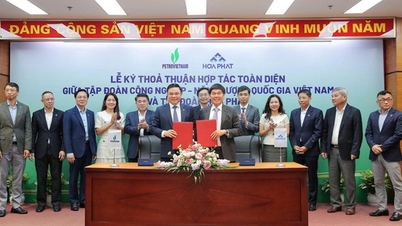



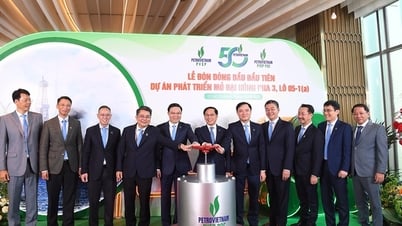






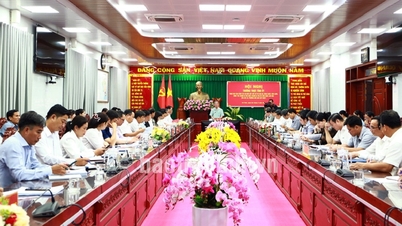

































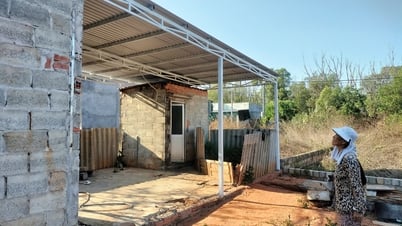
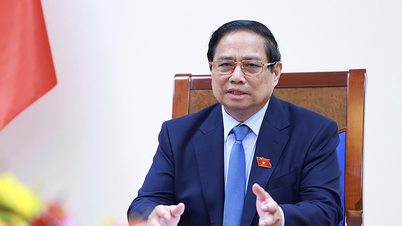
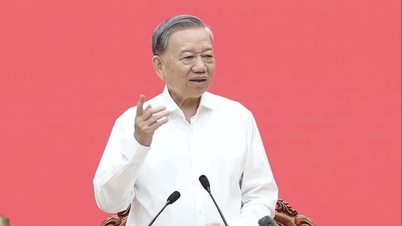

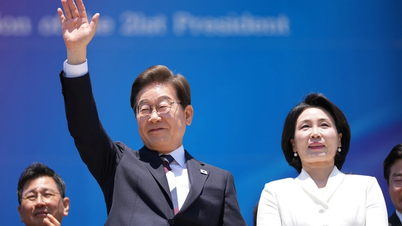





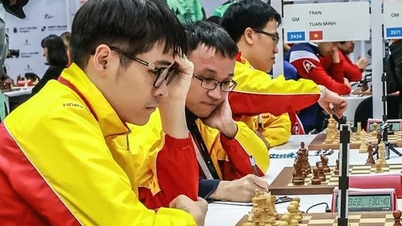

























Comment (0)